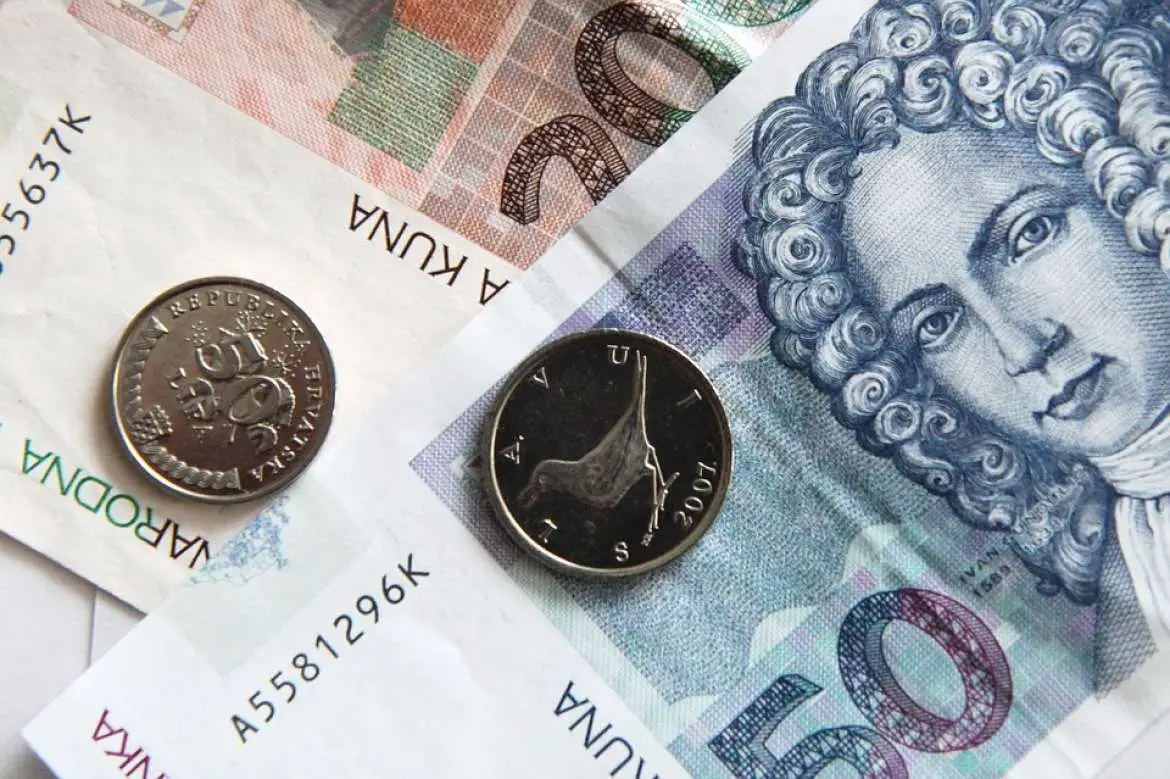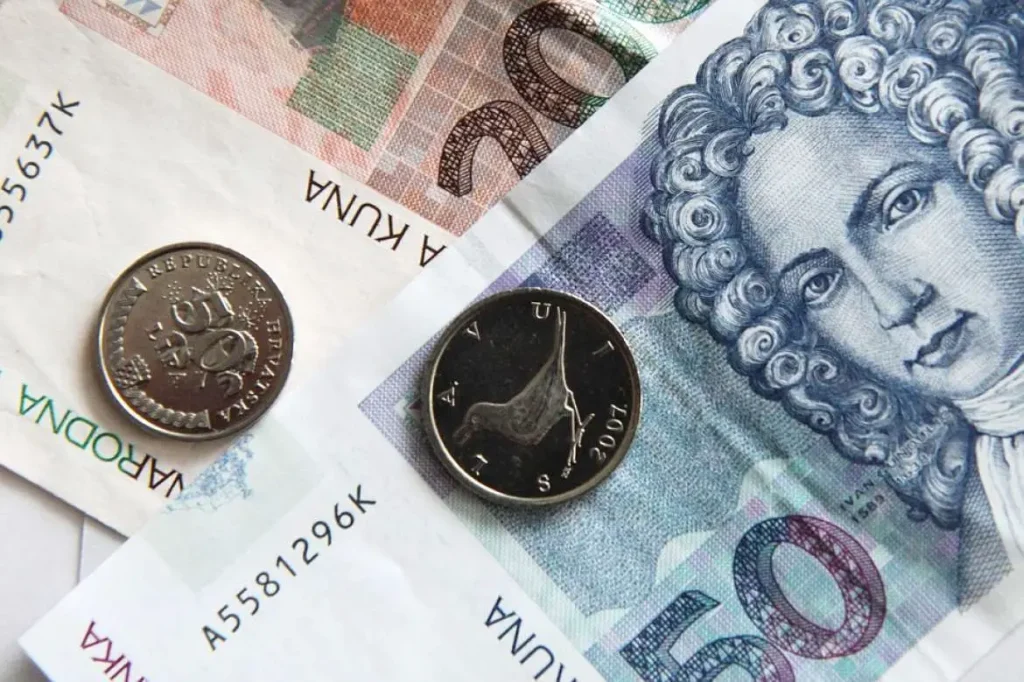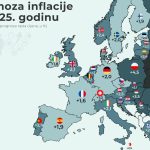
As Tomislav Pili/Poslovni Dnevnik writes on the 27th of September, 2020, the European economy, and thus the enfeebled Croatian economy, can expect another recessionary blow at the end of the year, and how much space the government will have for additional measures to support the economy amid the ongoing crisis depends on the decision to enter the Eurozone, Croatian economists estimate.
After the Eurozone economy sank by 11.8 percent in the second quarter, economic analysts and Croatian economists initially forecasted a far better situation in the second half of the year given the significant easing of coronavirus control measures in most countries.
However, the resurgence of epidemiological measures due to the jump in the number of patients in the UK, France and Spain has prompted foreign economists to revise forecasts for the fourth quarter. As of September the 22nd, Europe has 2.9 million people infected, and in Spain and France there are more than 10,000 patients a day, according to data from the European Centre for Disease Prevention and Control.
“The probability of a double decline, ie another contraction in the fourth quarter, has increased significantly,” Carsten Brzeski, chief economist at ING, told CNBC. The fact that the situation is deteriorating was signaled by the data published on Wednesday on the value of the IHS Markita purchasing manager index for September, which, with 50.1 points, suggests that the European economy has practically stalled.
Economist Zeljko Lovrincevic thinks that the recovery, if it continues, will be slower than expected. “It’s hard to say how much slower it will be. However, it’s likely that the result for the third quarter will be better than the fourth “, he believes. The most difficult situation is expected in Spain and France, while the British economy, in addition to their poor epidemiological picture, will additionally be burdened by the multitude of issues surrounding Brexit.
“I expect the least problems in the Scandinavian countries. As for Germany as the engine of the European economy, the most important thing for the economy there is the recovery in China and the outcome of the US presidential election,” points out the analyst of the Economic Institute. He believes that the Croatian economy will share the same fate of the rest of the Mediterranean, which will fare worse than the EU average.
“How much additional fiscal space Croatia has to mitigate the effects of the crisis depends on when it wants to introduce the euro. If the goal is rapid introduction, as early as 2023, then there’s no fiscal space. If this isn’t a set point in time, in that case, the government will give up one of the anchors of its economic policy,” claims Lovrincevic.
Alen Kovac, the director of the Erste Economic Research Office, pointed out that it has been certain for some time that the so-called scenario V recovery won’t come to pass.
“Although the decline in most EU countries this year will be somewhat shallower than expected immediately after the crisis broke out, it’s becoming increasingly clear that a full recovery will take at least another two years. Our expectations are that the Eurozone will record a decline of 7.6 percent this year, which should be followed by a recovery of 5.4 percent next year. Expectations for the domestic economy are only slightly worse, mainly as a result of greater dependence on the disadvantaged tourism sector. Thus, we expect a fall in GDP around the level of 9 percent and a recovery of just over 5 percent in 2021,” said Kovac.
He added that the arrival of colder months could worsen the epidemiological picture, but the closures we’ve witnessed in the spring months don’t seem likely, with a relatively strong consensus on this within the entire EU.
Hrvoje Japuncic, a financial and business advisor, doesn’t doubt the possibility of an economic slowdown for the enfeebled Croatian economy at the end of the year, but he believes that positive news about the results of clinical trials of several vaccine candidates will be published in October or November.
“It will bring about psychological relief to households, banks and companies. Therefore, in the first quarter of next year, I expect the growth of the European economy to accelerate,” emphasised Japuncic.
Optimism still hasn’t left the government with Prime Minister Andrej Plenkovic at its helm, judging by the guidelines for drafting the state budget adopted at yesterday’s session. They project a decline for the Croatian economy for this year of eight percent and growth in 2021 by five percent.
At the beginning of the Government session, Prime Minister Andrej Plenkovic assessed the projected decline in GDP in 2020 of 8 percent as “good”, which is less than the previously projected 9.4 percent. Interlocutors note that in the second wave of the pandemic, the services sector will be hit hardest, due to its characteristic of direct contact with consumers.
“The kind of separation we’re witnessing suggests that most of the state’s fiscal support in the period ahead will be directed precisely towards the services sector, with the aim of preserving jobs. In that context, we don’t expect significant turbulence, but the epidemiological picture will certainly affect the chances that the decline will be slightly higher or lower than the aforementioned nine percent,” said Alen Kovac.
Hrvoje Japuncic stated that the third quarter is the most important in the Croatian economy due to the results of the tourist season, and in October and November there is usually a slowdown in economic activities anyway.
For the latest travel info, bookmark our main travel info article, which is updated daily.
Read the Croatian Travel Update in your language – now available in 24 languages
Join the Total Croatia Travel INFO Viber community.








